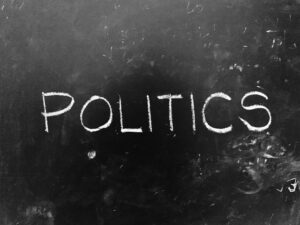Underneath the argument that only degreed professionals should have a say over how we respond to the current crisis is a false, if widely accepted, assumption about the knowledge these experts claim to possess. For once we get beyond the so-called “hard” sciences of physics and chemistry, much of what is accepted as experimentally true in the social sciences, education, medicine, and even biology cannot, in fact, be replicated.
Although it has not received the journalistic coverage it should, concerns about what academics call “experimental irreproducibility” have been surfacing for nearly a decade. In 2012, scientists at biotech firm Amgen found that they could confirm the results of only six of 53 supposedly landmark cancer studies published in prominent journals. Four years later, Nature conducted an online survey of scientists, 70 percent of whom said they had tried and failed to reproduce their colleagues’ published findings.
In science, the ability to duplicate the results of a study is the ultimate test of its validity; and by this gold standard the deference we all have been taught to show medical and social science researchers turns out to be completely unjustified. John Ioannidis, co-director of Stanford University’s Meta-Research Innovation Center, believes that up to half the information published in peer-reviewed journals is probably wrong, an opinion he shares with The Lancet’s respected editor-in-chief, Richard Charles Horton. National Association of Scholars President Peter Wood says that many of the regulations, law, and programs routinely passed by the U.S. Congress are based on little more than research flukes and, in many cases, outright “statistical manipulation.”
In the end, every argument about how we should behave in a crisis boils down to what is mostly likely to work: our intuitive judgment – combining our research, our life experience, and our prayers for guidance – versus the conventional wisdom of credentialled experts.
Nothing we currently know about scientific research gives us any reason to opt for the later.





